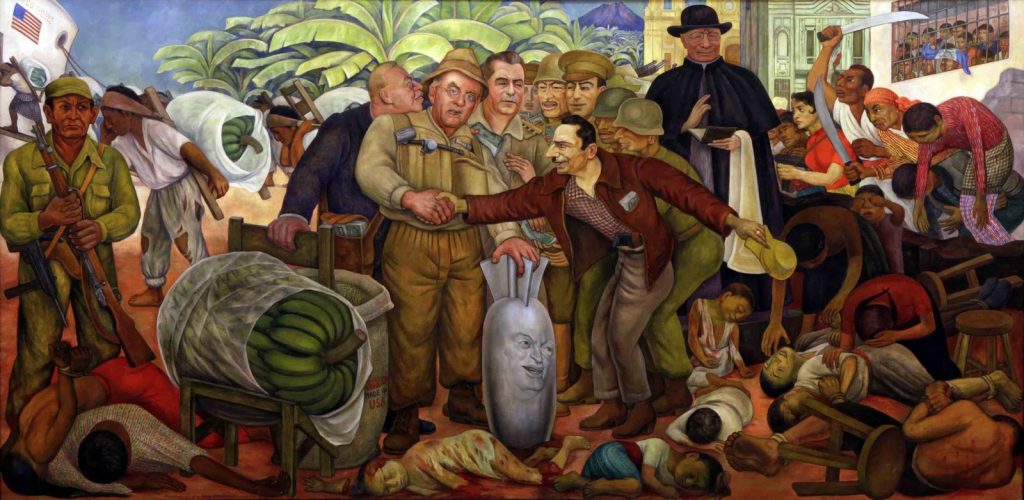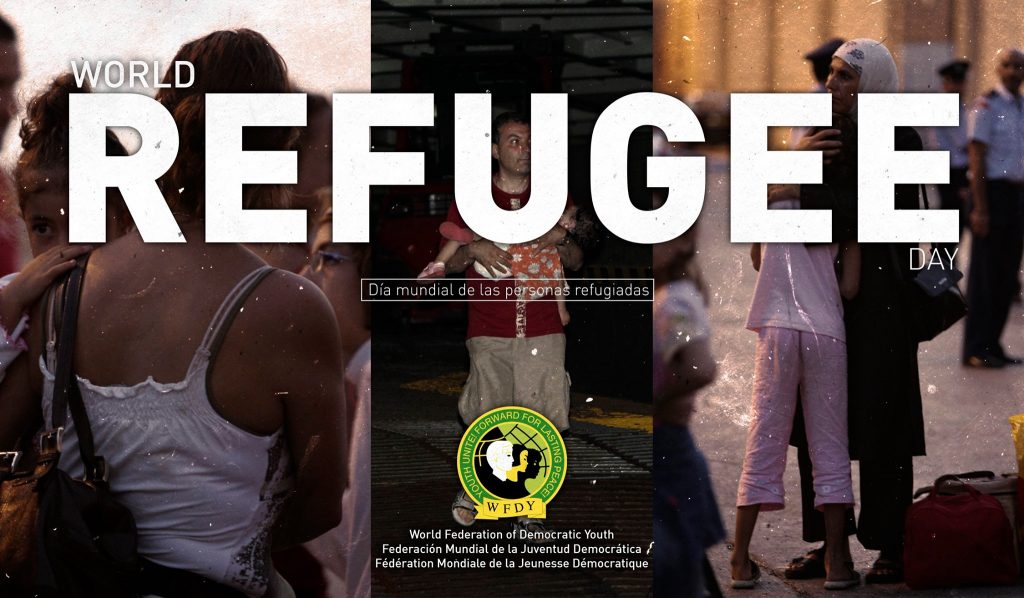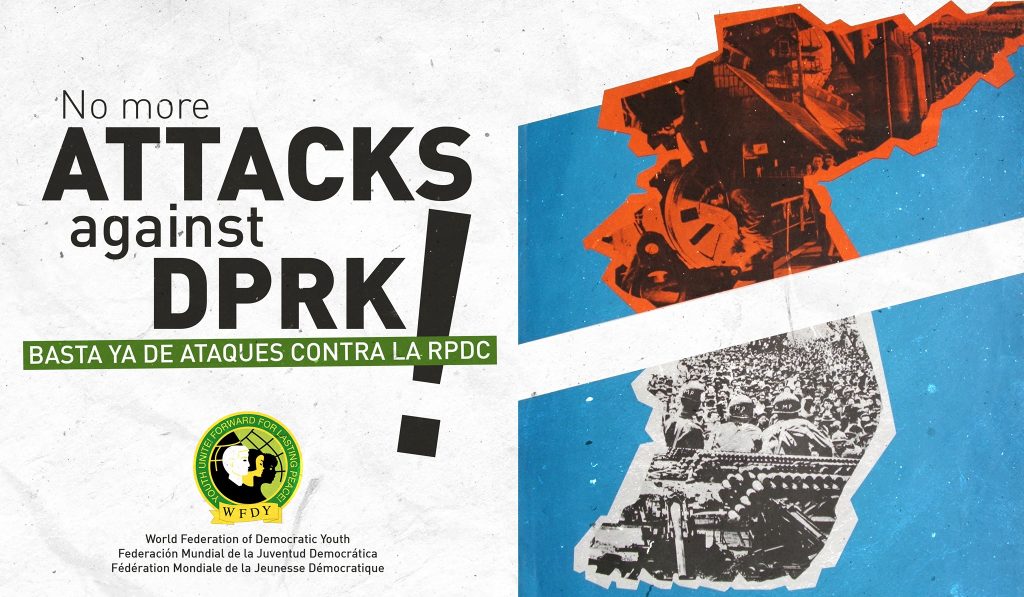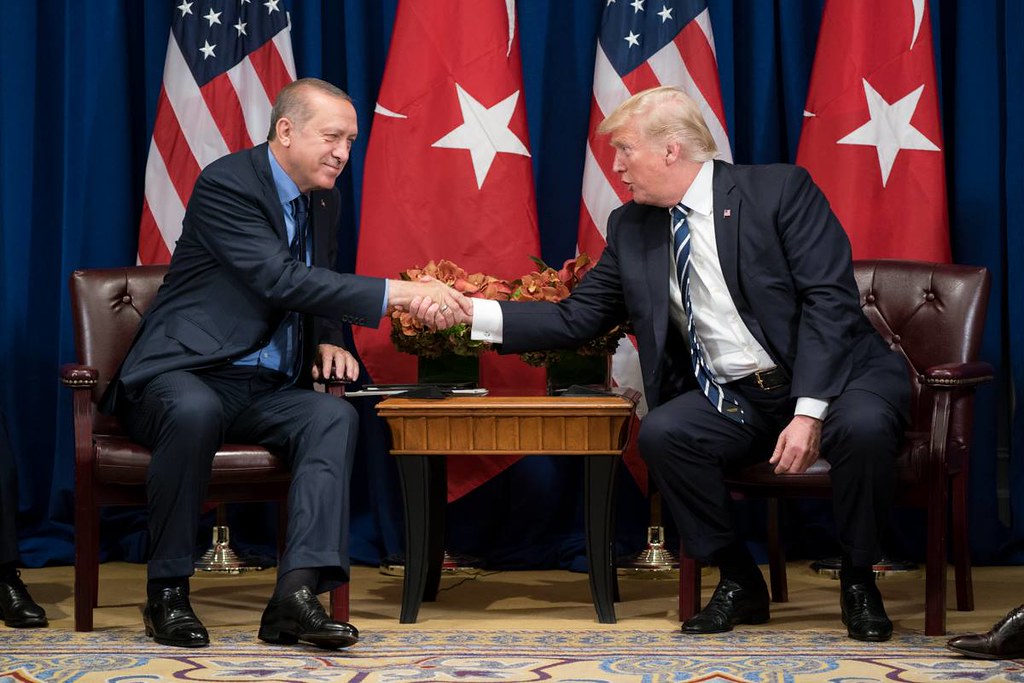Trump takes hostility toward Cuba to new heights

Washington’s current foreign policy toward Cuba, following a script of more than six decades of aggression, is part of the reactionary global projection of a desperate government writes Francisco Arias Fernández.
Poetry Corner: The United Fruit Company by Pablo Neruda

The United Fruit Company by Pablo Neruda , 1950.
Pablo Neruda was a prominent Chilean Communist, as well as a Nobel prize-winning poet in both literature and peace (slightly more deserving than the current warmongering president of the US). Neruda played key roles in two Chilean governments and experienced the outlawing of Communism in 1948 and later became a close adviser to the Socialist President Salvador Allende only to die in hospital of cancer at the time of Pinochet’s US-backed coup.
World Federation of Democratic Youth: “the ruling classes do not hesitate to use torture”

The World Federation of Democratic Youth (WFDY) issued a statement marking World Refugee Day 2020.
World Federation of Democratic Youth: imperialism is the cause of the refugee crisis

The World Federation of Democratic Youth (WFDY) issued a statement marking World Refugee Day 2020.
World Federation of Democratic Youth: No more attacks against the DPRK!

The World Federation of Democratic Youth (WFDY) has issued a statement condemning the most recent provocations along the Korean Demilitarised Zone.
Communists: Britain must confront its racist and imperialist past – and present

Following the toppling of a statue of Edward Coulston, a notorious slave trader, in Bristol on Sunday (7 June 2020) by protesters involved in Black Lives Matter demonstrations, there has been a general backlash in the mainstream and right wing media. Coulston was responsible for forcibly transporting at least 80,000 slaves to the Americas, with tens of thousands dying in the process.
The Communist Party’s Anti Racist Commission and the Young Communist League released the following statement yesterday (10 June 2020) in support of the action.
Turkey & USA agree secret carve up of Libya

Authoritarian Turkish President Recep Tayyip Erdoğan declared today (9 June 2020) that he has reached an unspecified agreement with Donald Trump for imperialist control of Libya during telephone talks.
3 weeks on: US silence following terrorist attack on Cuban Embassy

Cuba’s Foreign Ministry was yesterday (21 May 2020) demanding answers from the United States three weeks after the island’s embassy in Washington was the target of a terrorist attack on 30 April 2020.
The Cuban Embassy in Washington, only a few blocks from the White House, was attacked by Alexander Alazo Baró with an AK-47. 32 rounds were fired at the building, with a clear intention to kill diplomatic staff – although thankfully no one was killed in the attack.


